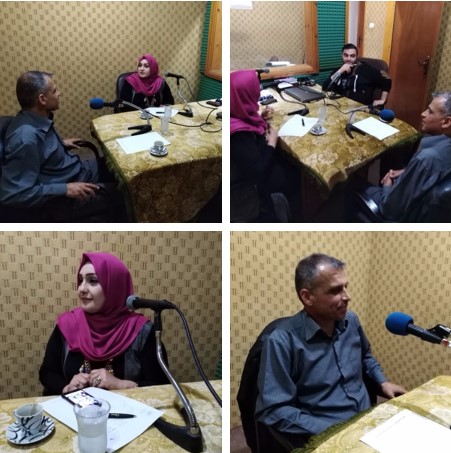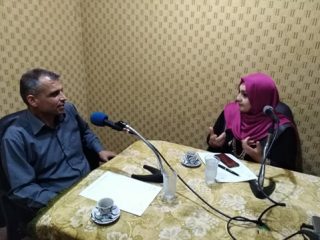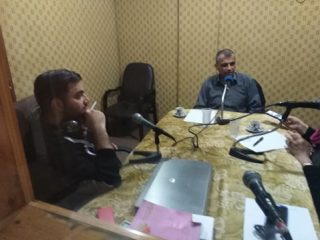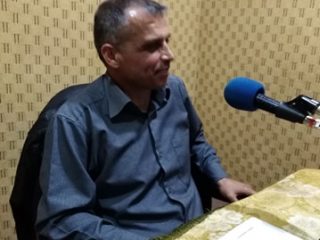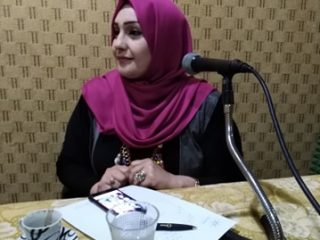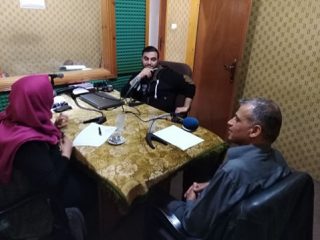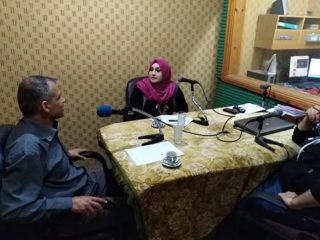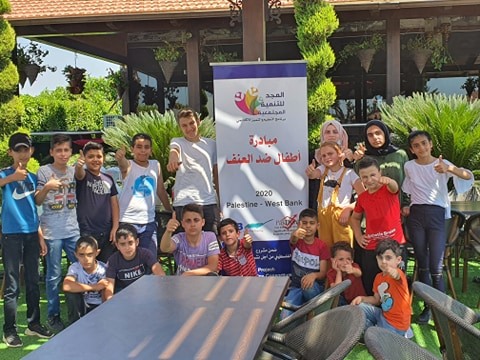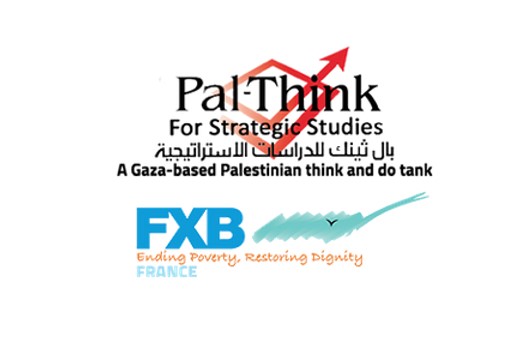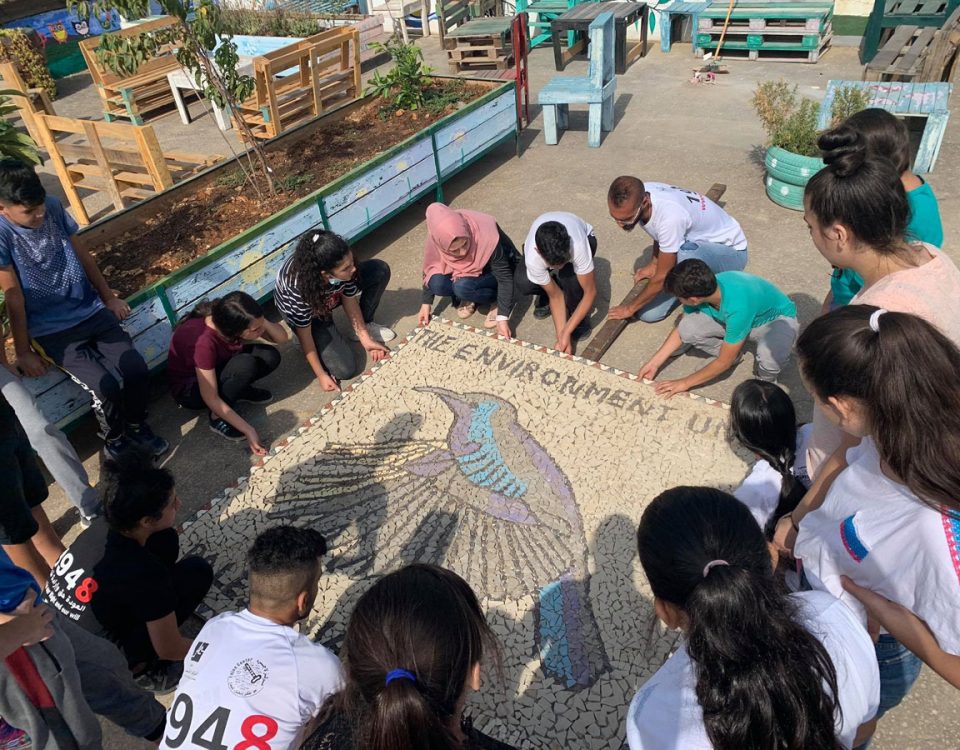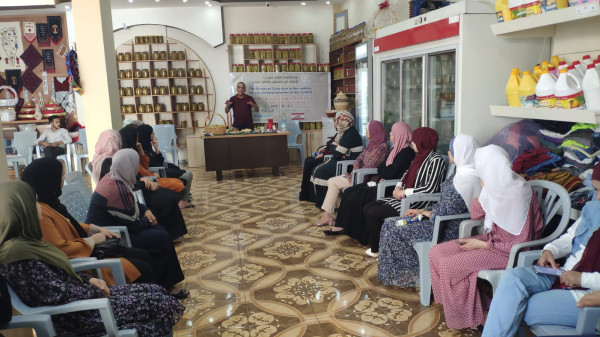- Contact Us
- +972 8-282-2005
- info@palthink.com
First Radio Episode of the PCN Podcast: “Non-Violence and Societal Conflicts”

Pal-Think and FXB conclude an information session in Gaza
8 May، 2019
Call For Papers: Non-Violence and Civil Peace, 2019
16 May، 2019May, 2019
Within the project “The Palestinian Consortium for Non-violence” for Pal-Think and FXB international, Pal-Think for Strategic Studies completed the first episode of the radio program “Nonviolence is a lifestyle for prosperity,” which aims to promote a culture of nonviolence in Palestinian society to resolve disputes and conflicts by peaceful and civilized means.
The project has a full-podcast called “PCN: Palestinian Consortium for Non-violence podcast: Nonviolence is a lifestyle for prosperity.” The PCN podcast consists of 15 radio episodes and these will be aired as three episodes a month, all dedicated to ideas, understandings, principles, values, and concepts of non-violence & civil peace in the Palestinian society.
The first episode discussed several issues about “nonviolence and societal conflicts” focusing on the factors leading to conflicts, forms of conflicts and ways to resolve them.
Mr. Iyad Abuhajir, deputy director of the Palestinian Center for Democracy and Conflict Resolution, was hosted in this episode, he stressed that the prevailing culture of violence in society drives individuals to adopt violent methods to find solutions to their differences. He confirmed that community cooperation to resolve conflicts is the best peaceful method can be used.
In this context, the community chief Mrs. Faten Harb, confirmed that the siege and division, as well as the current crises, affect negatively and consolidate violence in the Palestinian society, and here comes the role of community chiefs in convergence of the views of the conflict’s parties, especially as the culture of the tribe and its concepts are still controlling the Palestinian society.
A poll from the Palestinian street was conducted, variety of children, men, and women were asked about how individuals can solve problems that may arise between their families and other families. Most opinions support the nonviolent methods such as dialogue, tolerance, resort to justice, and community chiefs.
Listen to the episode: http://bit.ly/2H7DyjZ

